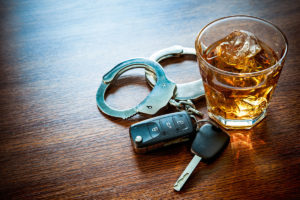 When anyone is charged with a DUI/DWI offense, the potential consequences can be both terrifying and overwhelming. This is especially true for those who are not US citizens. In considering the current political climate, issues that affect legal and illegal immigrants have been consistently highlighted in the media – it’s hard to go a day without seeing issues like Deferred Action for Childhood Arrivals (DACA) and DREAMers appear in the news. Recent events have even shown that drunk driving could result in additional consequences for certain non-citizens, because convictions can sometimes lead to Immigrations and Customs Enforcement (ICE) starting a deportation proceeding.
When anyone is charged with a DUI/DWI offense, the potential consequences can be both terrifying and overwhelming. This is especially true for those who are not US citizens. In considering the current political climate, issues that affect legal and illegal immigrants have been consistently highlighted in the media – it’s hard to go a day without seeing issues like Deferred Action for Childhood Arrivals (DACA) and DREAMers appear in the news. Recent events have even shown that drunk driving could result in additional consequences for certain non-citizens, because convictions can sometimes lead to Immigrations and Customs Enforcement (ICE) starting a deportation proceeding.
As always, it is important to understand that this is not a surefire thing. Indeed, every case is different depending on the circumstances surrounding the DUI/DWI charge. That is why it is imperative to contact a skilled New Jersey DUI/DWI attorney immediately after you have been charged, especially if you are not a US citizen and are in the country illegally or on a special visa.
Can a DUI/DWI Impact My Immigration Status?
Under New Jersey law, a DWI charge is considered a motor vehicle offense, rather than a criminal offense. Nonetheless, such a conviction could prevent you from receiving your U.S. citizenship because it is considered to show bad moral character. This is especially true if you have multiple DWI convictions on your record. Additionally, if you are a green card holder, you may have a more difficult time proving good moral character (a requirement on an application for citizenship), with a driving while intoxicated on your record.
New Jersey Municipal Court judges will generally advise individuals who are non-US citizens of the potential immigration consequences associated with guilty pleas or a guilty verdict for a DWI. However, it is best to first consult with a knowledgeable DUI attorney before going to court to make sure you fully understand your rights and options.
Recent Examples of Immigration Enforcement Outside of Courthouses
A New Jersey attorney was recently walking with his client, a young DACA recipient who had just resolved a DUI complaint, outside of a municipal courthouse. Officers from ICE actually showed up and the young man was arrested. Although he was protected as a "DREAMer" under the DACA program, a DUI charge disqualified him for renewal, leaving him vulnerable to deportation.
Apparently, it seems there is an increasing trend of courthouses becoming a focus of ICE. Last month, ICE issued new policy guidelines regarding targeting people while at courthouses. Specifically, ICE indicated it will enter courthouses only for specific targets, such as convicted criminals, gang members, and immigrants who have been previously deported or ordered to leave. ICE indicated it would generally avoid enforcement actions in areas within courthouses dedicated to non-criminal matters, such as family court or small claims court. They also indicated that family members and friends accompanying the targets to court appearances generally wouldn't be subject to civil immigration enforcement action, absent special circumstances.
However, because DUI and DWI enforcement inhabits a quasi-criminal place in the law, it is likely that drunk drivers could become targets for additional immigration enforcement.
New Jersey DUI/DWI Attorney Edward M. Janzekovich Can Defend You if You Are Charged with Driving Under the Influence or Driving While Intoxicated
A conviction on DWI/DUI charges can mean serious penalties – jail time, heavy fines, and loss of license at a minimum. Certain drivers face additional consequences depending on the circumstances of the arrest and the status of the individual – including issues that can result in job loss or that affect immigration status. If you or someone you know is charged with driving under the influence, it is important to have a lawyer who knows what penalties can occur and how to help. A good attorney can make all the difference. To speak with an experienced New Jersey DWI lawyer about your situation, call us at 1-732-257-1137 or contact us online today. We serve clients throughout the state of New Jersey.



 A New Jersey case demonstrated why it is so important to get a good DUI/DWI defense attorney if you or someone you know is ever charged with
A New Jersey case demonstrated why it is so important to get a good DUI/DWI defense attorney if you or someone you know is ever charged with 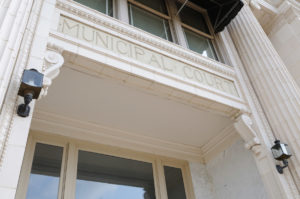 In light of the Coronavirus / COVID-19 National Emergency situation, many non-essential public and private businesses have suspended or restricted operations, including the New Jersey Judiciary, which will affect local, municipal, state, and superior courts.
In light of the Coronavirus / COVID-19 National Emergency situation, many non-essential public and private businesses have suspended or restricted operations, including the New Jersey Judiciary, which will affect local, municipal, state, and superior courts. Last week, the New Jersey Appellate Division – the second highest Court in the state – issued an opinion reaffirming the fact that you can get a ticket for DUI or DWI even when you are not actually driving a car, truck or automobile. Although drunk driving is often referred to as a
Last week, the New Jersey Appellate Division – the second highest Court in the state – issued an opinion reaffirming the fact that you can get a ticket for DUI or DWI even when you are not actually driving a car, truck or automobile. Although drunk driving is often referred to as a 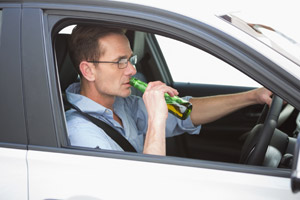 There’s no question that there are more men who are arrested for
There’s no question that there are more men who are arrested for 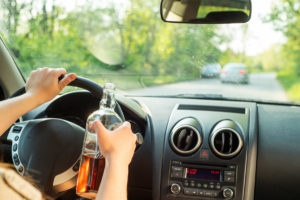 Years ago, police officers may have been more willing to let a driver off with a warning if he or she were pulled over for drunk driving – especially if nobody got hurt. Now, as a result of the modern requirement that police officers and law enforcement film all encounters with civilians, police officers are under strict observation. Anyone who is pulled over that shows any sign of intoxication will likely be arrested.
Years ago, police officers may have been more willing to let a driver off with a warning if he or she were pulled over for drunk driving – especially if nobody got hurt. Now, as a result of the modern requirement that police officers and law enforcement film all encounters with civilians, police officers are under strict observation. Anyone who is pulled over that shows any sign of intoxication will likely be arrested.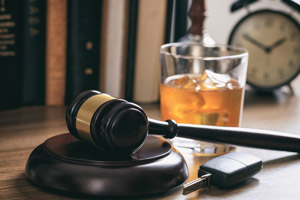 Last week, here on the Edward M. Janzekovich law blog, we discussed the first part of the official court notice was sent out to all New Jersey judges and court administrators on December 4, 2019. The Directive comes straight from the desk of the Director of the Administrative Office of the Courts – the Honorable Glenn A. Grant, J.A.D – and it addresses the new law drunk driving law that went into effect on December 1, 2019. Today, we continue to break down the directive and what it means for those facing charges of
Last week, here on the Edward M. Janzekovich law blog, we discussed the first part of the official court notice was sent out to all New Jersey judges and court administrators on December 4, 2019. The Directive comes straight from the desk of the Director of the Administrative Office of the Courts – the Honorable Glenn A. Grant, J.A.D – and it addresses the new law drunk driving law that went into effect on December 1, 2019. Today, we continue to break down the directive and what it means for those facing charges of 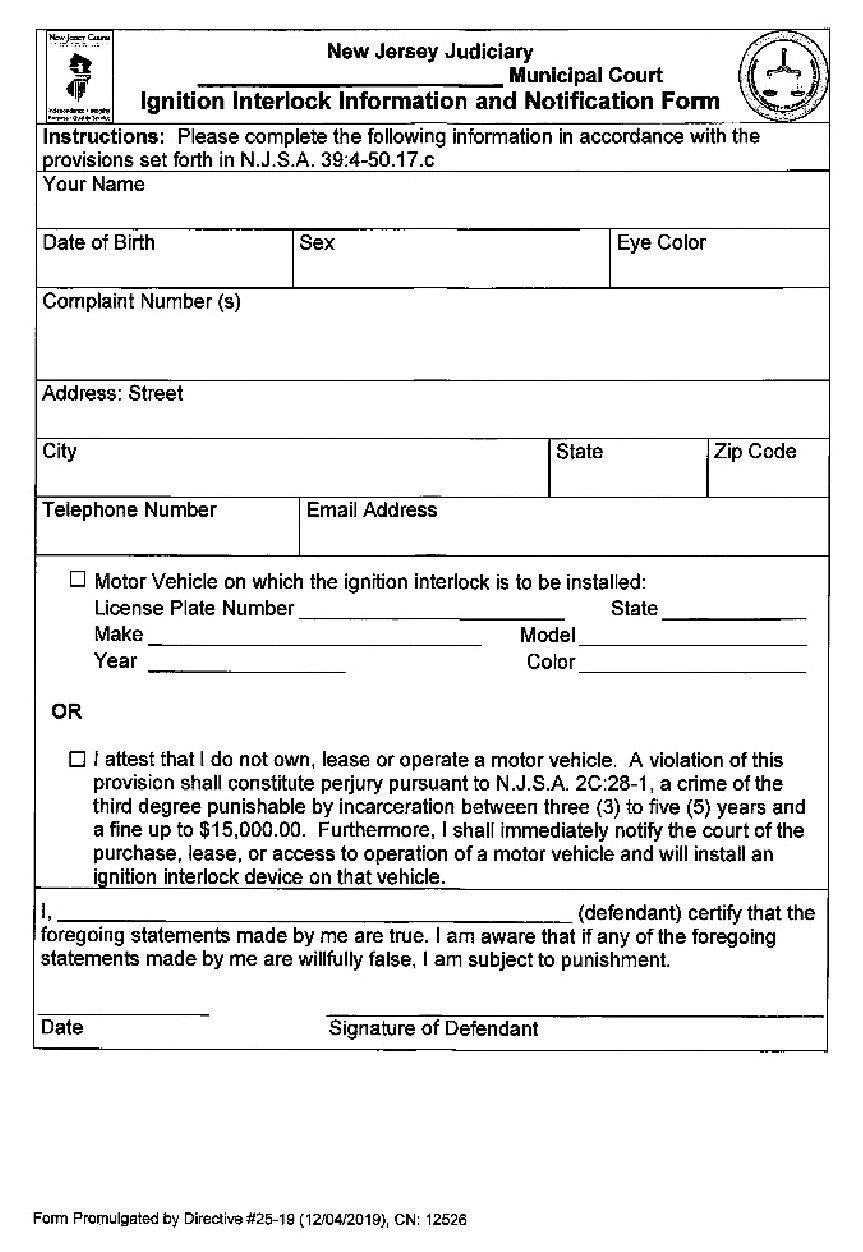
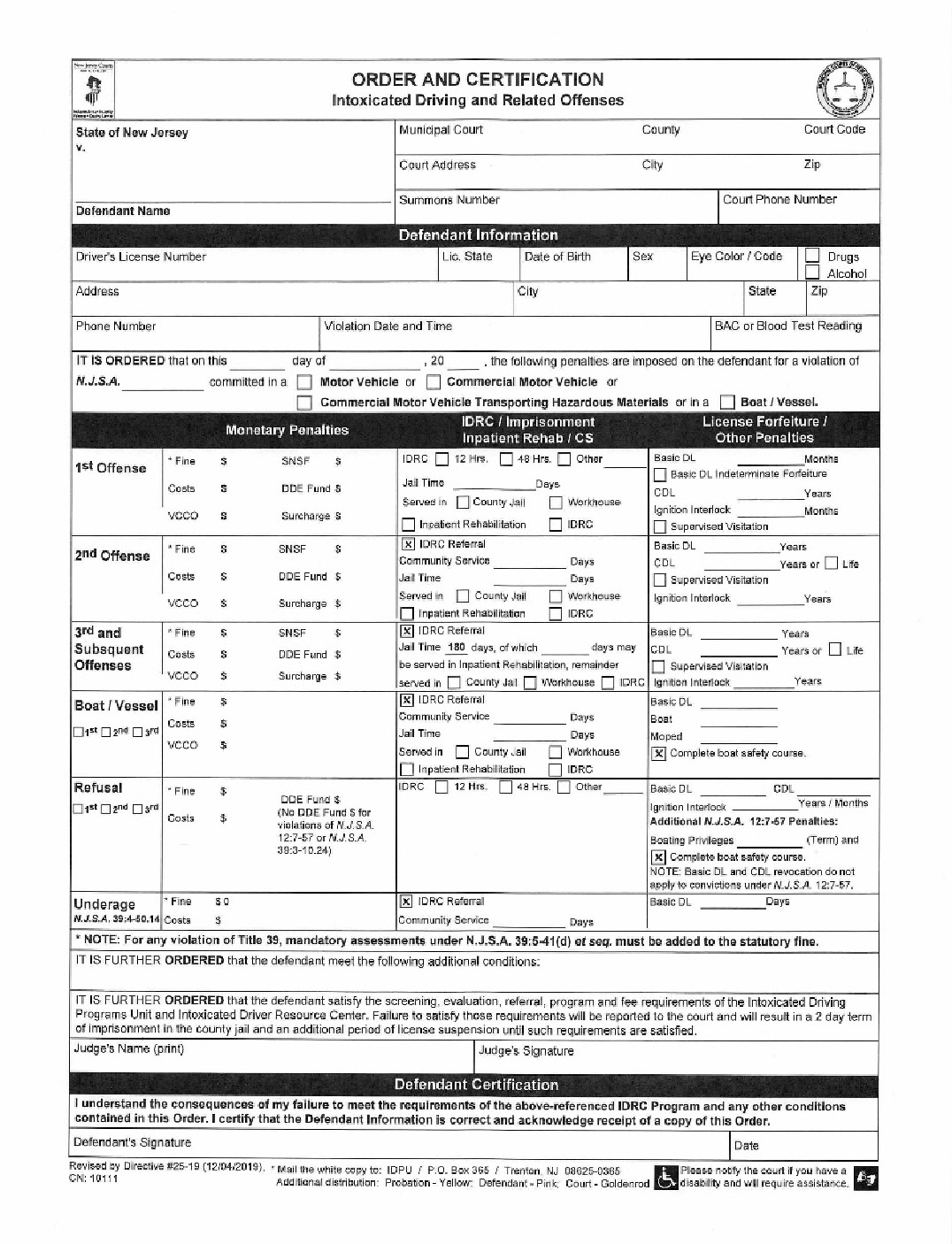
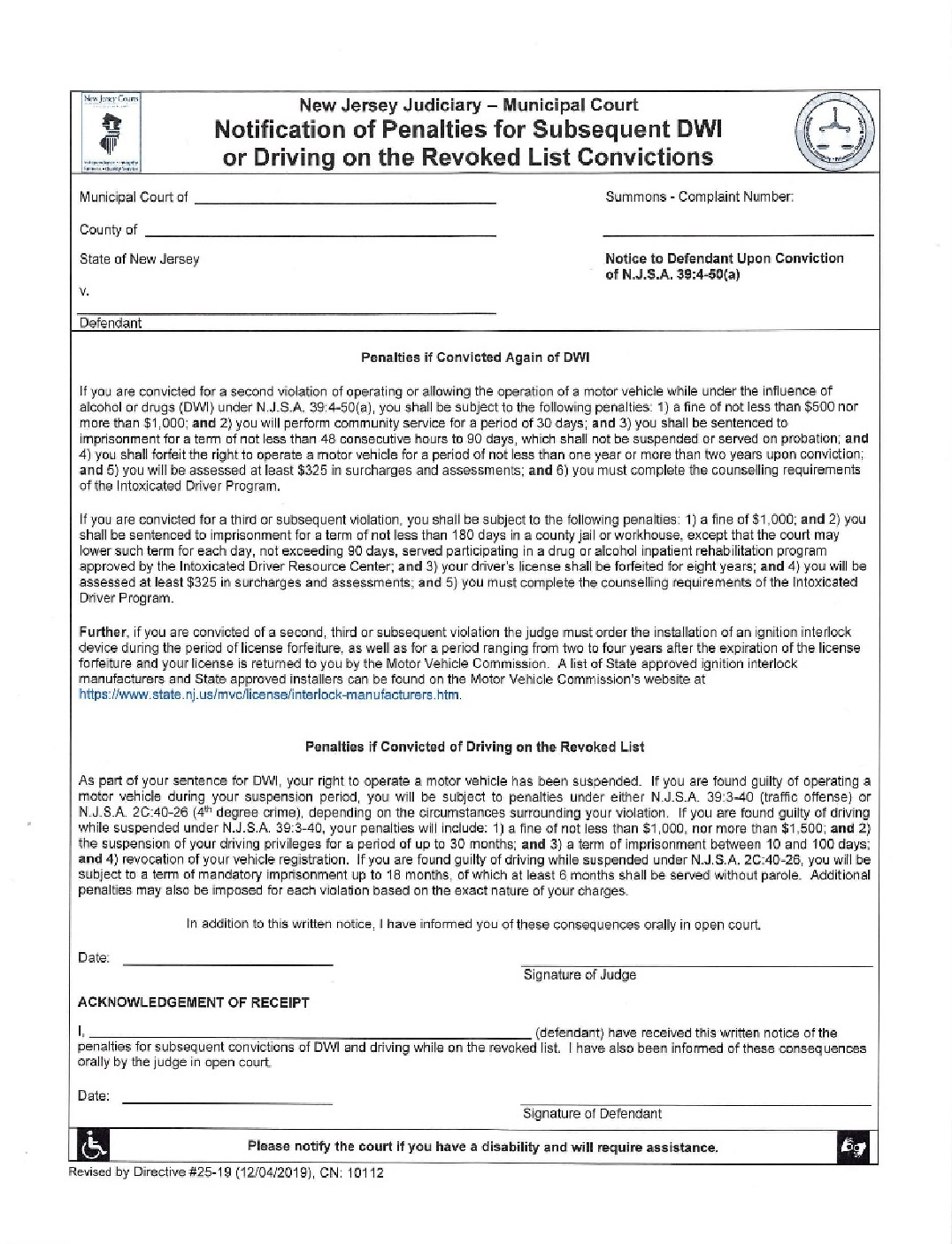
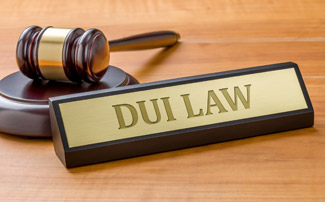 As previously reported on the Edward M Janzekovich law blog, a new drunk driving law was passed by the legislature and signed by Governor Murphy earlier this year. On December 1, 2019, the law officially went into effect.
As previously reported on the Edward M Janzekovich law blog, a new drunk driving law was passed by the legislature and signed by Governor Murphy earlier this year. On December 1, 2019, the law officially went into effect.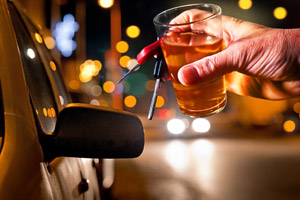 Here, on the Edward M. Janzekovich law blog, we understand that you can be falsely accused of intoxicated driving – in fact, innocent people are arrested for DUI or DWI every day. There are many reasons why a police officer may suspect you have been operating a vehicle under the influence, although you are not actually drunk, high, or drugged. However, even if you have alegitimate defense for the charges against you, there is a good chance that the police, prosecutor, or court will not believe you unless you can present that defense properly.
Here, on the Edward M. Janzekovich law blog, we understand that you can be falsely accused of intoxicated driving – in fact, innocent people are arrested for DUI or DWI every day. There are many reasons why a police officer may suspect you have been operating a vehicle under the influence, although you are not actually drunk, high, or drugged. However, even if you have alegitimate defense for the charges against you, there is a good chance that the police, prosecutor, or court will not believe you unless you can present that defense properly.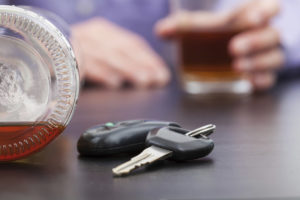 Headlines continue to pour in from all over the country with stories of drivers arrested for drugged driving after police officers find “drugs” in the vehicle – except it later turns out that the “drugs” were not really drugs at all and were misidentified by the drug tests used by officers in the field. Now research has backed up these stories, and it turns out many common items – from powdered sugar to baby formula to spearmint – can confuse the common drug tests used by many police departments in New Jersey and across the country.
Headlines continue to pour in from all over the country with stories of drivers arrested for drugged driving after police officers find “drugs” in the vehicle – except it later turns out that the “drugs” were not really drugs at all and were misidentified by the drug tests used by officers in the field. Now research has backed up these stories, and it turns out many common items – from powdered sugar to baby formula to spearmint – can confuse the common drug tests used by many police departments in New Jersey and across the country.